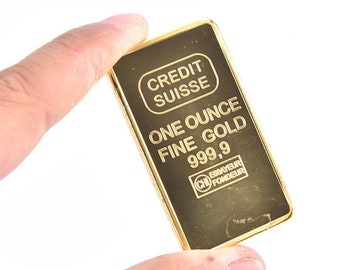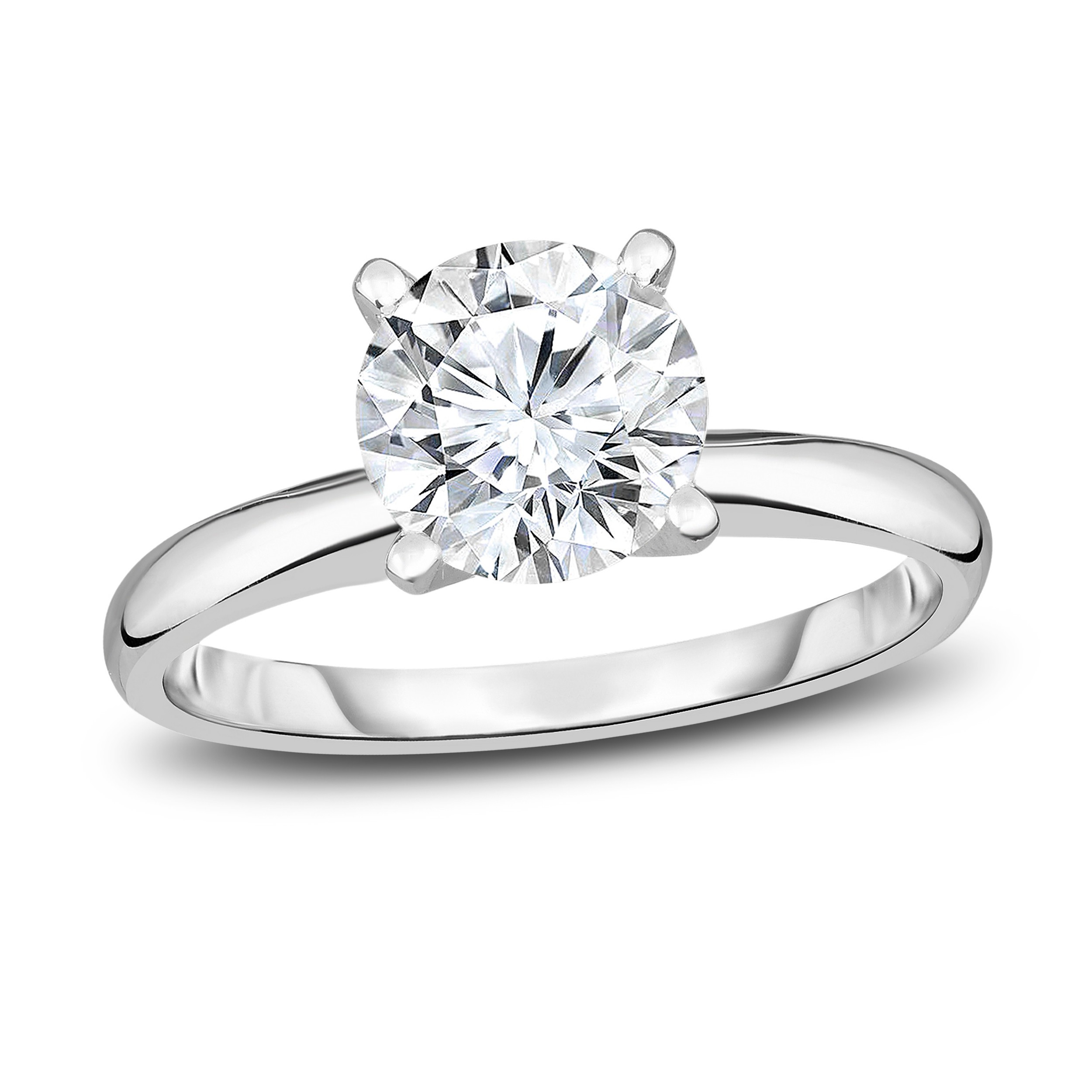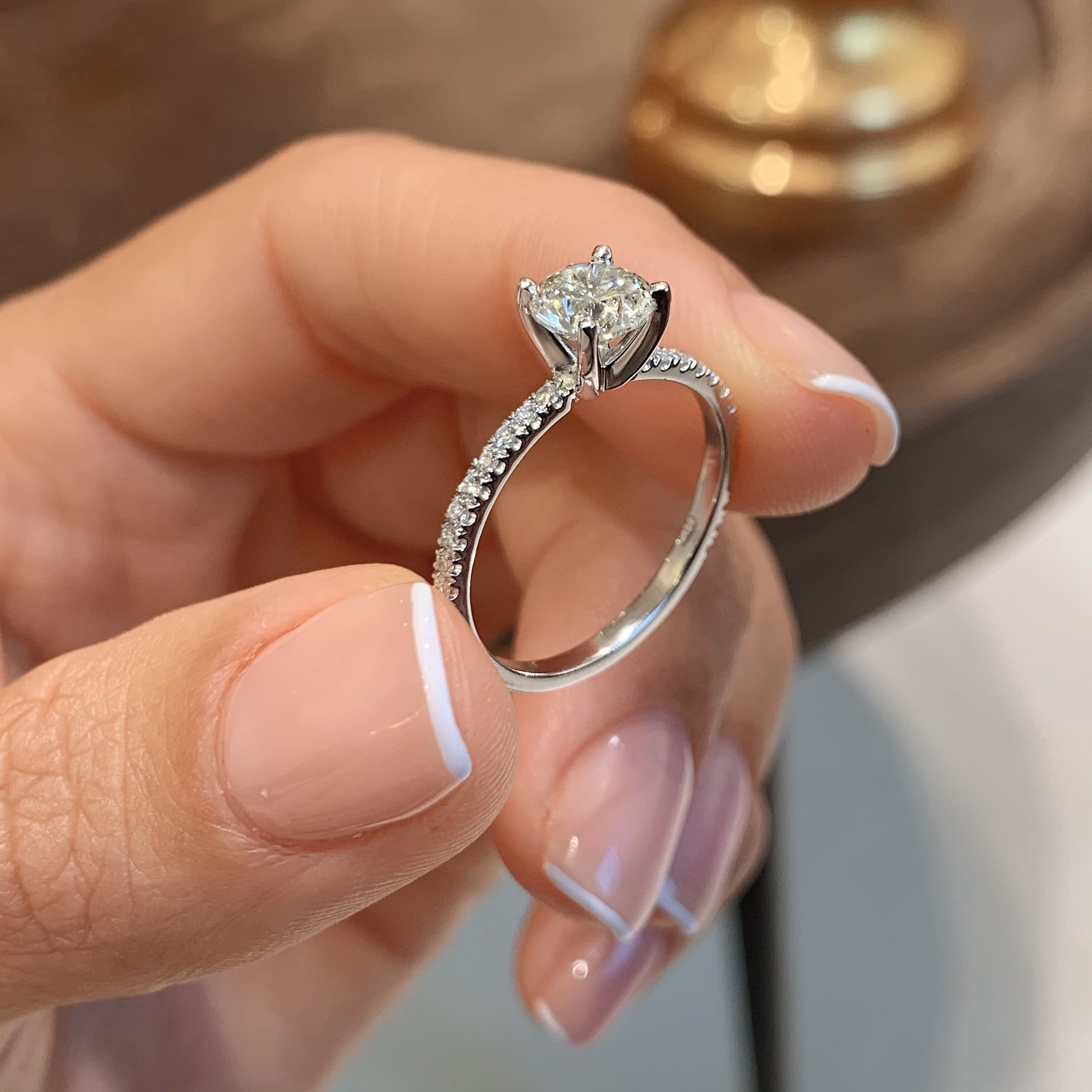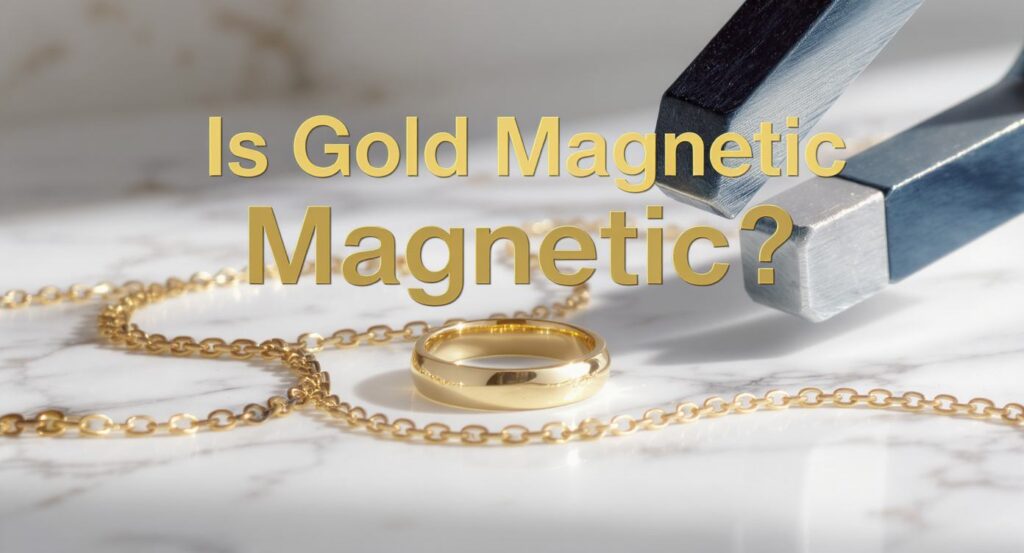Have you ever held a magnet up to your favorite gold necklace, wondering if it would stick? I know I have. Back when I was just starting to collect jewelry, I bought what I thought was a stunning gold bracelet from a small market stall. It looked perfect, but something felt off. That’s when a friend suggested the magnet test. Turns out, that simple check saved me from a big disappointment. If you’re like me—a jewelry buyer who wants to make smart choices without getting tricked—this question of “is gold magnetic” comes up a lot.
In this post, we’ll break it down with real facts, easy tests you can do at home, and tips to help you feel confident in your purchases. Let’s get into it.
Understanding Magnetism in Metals

Before we tackle whether gold is magnetic, it helps to grasp what magnetism really means for metals. Think about those fridge magnets you use every day—they stick because they’re made from materials like iron that respond strongly to magnetic fields. But not all metals behave that way.
Types of Magnetism You Should Know
There are a few categories metals fall into when it comes to magnetism. Ferromagnetic metals, like iron, nickel, and cobalt, are the ones that get attracted to magnets and can even become magnets themselves. Then there are paramagnetic metals, which show a weak attraction but don’t hold onto it. And diamagnetic ones? They actually push away from magnets slightly. Gold fits into that last group, but we’ll circle back to that.
I remember experimenting with this as a kid, sticking magnets to different household items. The spoon stuck, but my mom’s gold ring? Not a chance. It sparked my curiosity about why some things attract and others don’t. For jewelry buyers, knowing these differences can prevent you from buying fakes that might contain cheap, magnetic metals.
Why Jewelry Metals Matter
In jewelry, metals get mixed to create alloys for strength and color. Pure metals are often too soft for daily wear, so jewelers add others. This mixing can change properties, including how they react to magnets. If you’re worried about authenticity, understanding this blend is key. Many buyers I talk to share stories of regretting impulse buys because they didn’t check these basics. Don’t let that be you—arm yourself with knowledge.
Is Gold Magnetic? The Science Explained
So, is gold magnetic? The short answer is no, not in the way most people think. Pure gold doesn’t get pulled toward a magnet like iron does. Instead, it’s diamagnetic, meaning it creates a tiny opposing field when near a magnet. This repulsion is so weak you probably won’t notice it without sensitive equipment.
But why? It boils down to gold’s atomic structure. Gold atoms have all their electrons paired up, so there’s no unpaired spin to create a magnetic moment. Compare that to iron, where unpaired electrons align with magnetic fields. I once tried explaining this to a friend over coffee, using sugar packets as atoms—it made sense then, and it clicked for her why her gold earrings never stuck to the fridge.
Is Real Gold Magnetic?
When we say “real gold,” we mean pure, 24-karat gold. Is real gold magnetic? Absolutely not. It’s that diamagnetic property again. If you have a piece that’s supposedly pure gold and it sticks to a magnet, that’s a red flag—it’s likely mixed with something else or not gold at all.
I learned this the hard way with an old family heirloom. My grandmother passed down a gold locket, and I tested it out of curiosity. No attraction whatsoever, which reassured me it was the real deal. Stories like this remind me how these tests build trust in what we own.
Is 14K Gold Magnetic?

Now, let’s talk about 14K gold, which is popular for its balance of purity and durability. Is 14K gold magnetic? Generally, no. 14K gold is 58.3% pure gold mixed with metals like copper, silver, or zinc—all non-magnetic. So, it should behave like pure gold and not stick to a magnet.
However, if nickel is in the mix (which happens sometimes for hardness), there might be a slight attraction, but it’s rare and weak. I recall buying a 14K chain online and doing the magnet test right away. It didn’t budge, easing my mind after hearing horror stories about fakes. If yours does stick, it could mean impurities or plating—time to get it checked professionally.
Is White Gold Magnetic?
White gold adds another layer. Is white gold magnetic? Usually not, but it depends on the alloy. White gold is yellow gold mixed with white metals like palladium or nickel, then rhodium-plated for shine. Nickel is ferromagnetic, but the amount in white gold is small, so the piece won’t typically show strong magnetism.
Some people with nickel allergies avoid it for that reason, but for magnetism, it’s minimal. A buddy of mine proposed with a white gold ring, and we joked about testing it. No stick, and she’s worn it happily for years. If your white gold does attract a magnet strongly, it might not be authentic.
How to Test Your Gold Jewelry at Home

Testing your jewelry doesn’t require fancy tools. The magnet test is a great start, and you can do it with items you probably have around.
Step-by-Step Magnet Test
First, get a strong neodymium magnet—the stronger, the better for accurate results. Hold it near your gold item. If it sticks or pulls strongly, it’s likely not pure gold or a high-quality alloy. Real gold won’t react that way.
Try this: Dangle the jewelry and bring the magnet close. Any movement toward the magnet suggests magnetic metals inside. I did this with a suspicious pendant once—it stuck, and sure enough, it was fake. Heartbreaking, but better to know.
Remember, this test rules out fakes with iron or steel, but non-magnetic fakes exist. Combine it with other checks.
Other Simple Home Tests
Beyond magnets, try the float test: Real gold is dense and sinks in water. Or the ceramic plate test—rub the gold on unglazed ceramic; real gold leaves a gold streak, fakes might leave black.
I always suggest starting with visuals too. Look for hallmarks like “14K” or “585.” But fakes can have those, so tests add layers of certainty. One time, I helped a neighbor test her earrings this way, and it turned a doubtful purchase into a cherished piece.
Myths and Misconceptions About Gold Magnetism

Plenty of myths float around. One big one: All gold is magnetic if it’s real. Nope—that’s backward. Real gold isn’t magnetic.
Another: White gold is always magnetic because of nickel. Not true; the effect is negligible. I fell for that once, almost passing on a beautiful ring. Testing cleared it up.
People also think magnets can damage gold. They can’t—gold’s inert. Sharing these busts myths helps buyers like you avoid scams.
Why This Knowledge Empowers Jewelry Buyers
As a buyer, knowing if gold is magnetic protects your wallet and peace of mind. Fakes are everywhere, especially online. By testing, you spot issues early.
It also helps appreciate quality. When you know your 14K piece isn’t magnetic, you value the craftsmanship more. I’ve built my collection this way, and each item tells a story without doubts.
If you’re buying, ask sellers about alloys. Reputable ones share details. This builds trust, turning shopping into a positive experience.
Frequently Asked Questions
Can gold become magnetic when heated?
Yes, under specific lab conditions, gold can exhibit temporary magnetization due to heat flow, as shown in research where temperature gradients induce a magnetic response in the metal. This isn’t something you’d notice at home, but it challenges the idea that gold is always non-magnetic.
Is fool’s gold magnetic?
Fool’s gold, known as pyrite, is paramagnetic, so it shows a very weak attraction to strong magnets. Unlike real gold, which repels magnets slightly, pyrite can sometimes stick if mixed with other minerals, and scientists have even turned it magnetic via electrical methods.
Can pure gold be magnetized permanently?
No, pure gold cannot hold permanent magnetism because of its diamagnetic nature. However, temporary effects like those from heat or electric fields can create short-lived magnetic properties in controlled settings.
What if gold is alloyed with iron—does that make it magnetic?
Gold alloys containing iron can become paramagnetic, showing a mild attraction to magnets depending on the iron content. This is why some lower-quality or specialized gold items might react differently than expected.
How do extremely strong magnets impact gold?
Very powerful magnetic fields can subtly alter gold’s internal structure at a microscopic level, but they won’t make it stick or become magnetic in practical terms. Everyday magnets have no such effect.
Is rose gold magnetic?
Rose gold, which mixes gold with copper for its pink hue, remains non-magnetic like pure gold since copper is also diamagnetic. If it attracts a magnet, it likely contains unintended impurities.
Final Thoughts on Gold and Magnets

Wrapping up, is gold magnetic? No, and that’s a good thing for spotting the real stuff. Whether it’s pure gold, 14K, or white gold, understanding this keeps you informed. Use the tests, bust the myths, and buy with confidence.
I hope this helps you as much as similar advice helped me. If you’ve got a story about testing your jewelry, I’d love to hear it—share in the comments. Happy hunting for that perfect piece!


